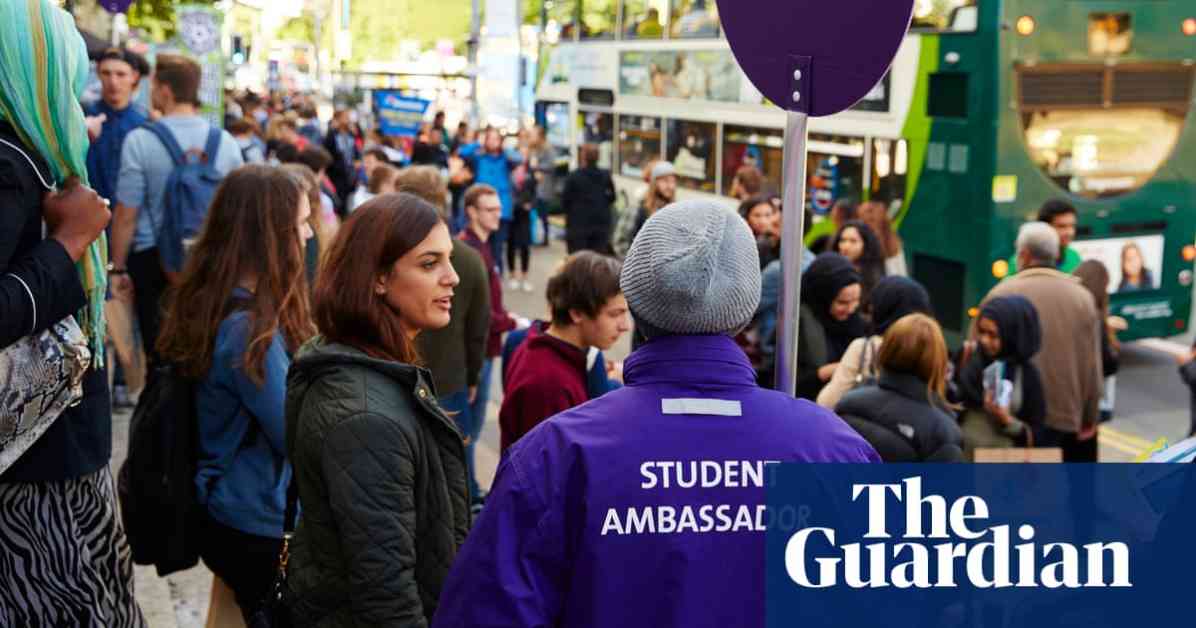The number of disadvantaged teenagers in England who go on to study at university has decreased for the first time on record. This has raised concerns about social mobility in the country. According to the Department for Education, only 29% of students eligible for free school meals at the age of 15 went on to university by the age of 19 in 2022-23, compared to 29.2% the previous year. This is the first time the rate has dropped since it was first measured in 2005-06.
Although the current figure is still higher than the 20% recorded in 2011-12 before the £9,000 undergraduate tuition fee was introduced, the year-on-year decline is worrying for advocates of social mobility. Lee Elliot Major, a professor at the University of Exeter, expressed his concerns about the situation, stating that the country is moving backward in terms of social mobility due to rising child poverty, school absenteeism, and financial hardships among university students.
Education Secretary Bridget Phillipson emphasized the need for universities to address inequalities and support disadvantaged students in accessing higher education. The data from the Department for Education shows that less than 50% of students not on free school meals at age 15 went on to higher education, marking the highest rate on record. This has widened the gap in participation between the two groups to 20.8 percentage points.
Furthermore, the data indicates that students from private schools are increasingly securing places at selective universities that require high A-level grades for entry. Despite these universities admitting more students overall, the proportion of private school pupils gaining places rose significantly compared to state school pupils.
Lee Elliot Major described the situation as a “national scandal” and called for urgent reforms to improve access to higher education. He suggested reinstating maintenance grants to support struggling students and expanding contextual admissions to lower grade requirements for students who have faced additional barriers.
A spokesperson for the Russell Group acknowledged the challenges highlighted in the data and emphasized the importance of ensuring that students from all backgrounds have equal opportunities to access high-quality higher education. While a record 6.1% of students eligible for free school meals entered a high-tariff university in 2022-23, there is still work to be done to level the playing field for all students.
In conclusion, the decline in disadvantaged students entering UK universities highlights the need for concerted efforts to address inequalities in access to higher education. Universities play a crucial role in supporting and empowering disadvantaged students to pursue their academic aspirations and achieve social mobility. By implementing targeted reforms and initiatives, the education sector can work towards a more inclusive and equitable higher education system for all students.



